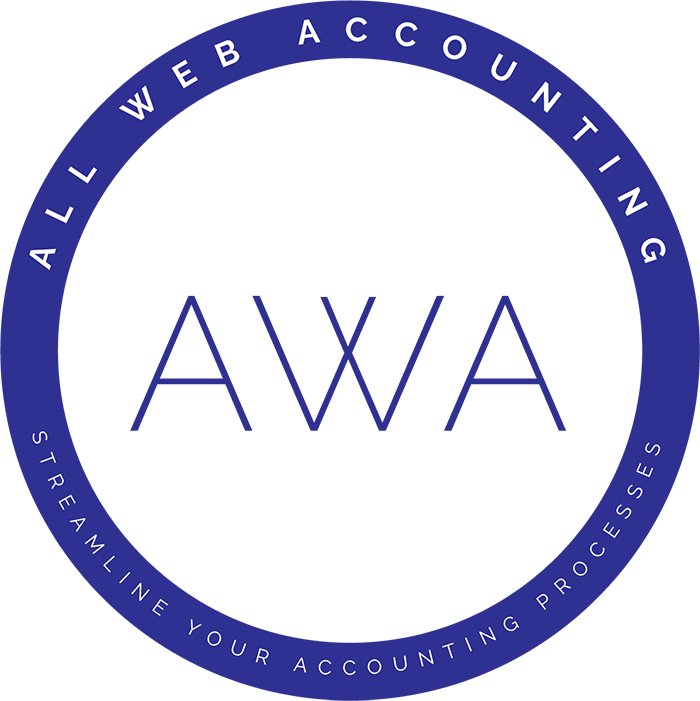Common Bookkeeping Mistakes and How to Avoid Them

Bookkeeping is the backbone of financial management for any business. However, even professionals can make mistakes that lead to financial discrepancies, tax penalties, and cash flow issues. By understanding these common errors and adopting essential habits for error-free bookkeeping, businesses can maintain accurate records and avoid unnecessary complications. Below are some of the most common bookkeeping mistakes and simple ways to avoid bookkeeping mistakes.
- Failure to Reconcile Bank Statements
One of the most frequent bookkeeping mistakes is failing to reconcile banking records with financial statements. Without regular reconciliation, discrepancies can go unnoticed, leading to mismanaged cash flow and potential fraud.
How to Avoid It:
- Reconcile bank statements monthly to ensure records match actual transactions.
- Use accounting software that automates reconciliation processes.
- Regularly check for unauthorized transactions and rectify errors promptly.
For more details on the best tools to streamline bookkeeping, check out Top Bookkeeping Software Tools for Small Businesses.
- Inaccurate Expense Categorization
Misclassifying business expenses can lead to incorrect financial reports and tax filings. When expenses are not categorized correctly, businesses may miss out on tax deductions or face scrutiny from tax authorities.
How to Avoid It:
- Set clear expense categories and ensure employees follow them consistently.
- Use accounting software to automate expense tracking and categorization.
- Consult with an accountant for complex expense classifications.
- Ignoring Tax Deadlines
Missing tax deadlines can result in hefty fines and penalties. Many businesses fail to track important tax dates, leading to last-minute filings or non-compliance issues.
How to Avoid It:
- Maintain a tax calendar with all relevant deadlines.
- Set reminders for tax filings and payments.
- Work with a tax professional to ensure compliance with tax regulations.
- Lack of Documentation for Financial Transactions
Keeping incomplete or disorganized records of financial transactions can create problems during audits or financial analysis. Proper documentation ensures transparency and accuracy in bookkeeping.
How to Avoid It:
- Maintain digital and physical copies of invoices, receipts, and financial statements.
- Use cloud-based storage to organize financial documents securely.
- Implement a clear process for collecting and storing financial records.
- Overreliance on Manual Processes
Manually entering financial data increases the risk of errors and inefficiencies. Businesses that rely too much on spreadsheets or paper records may struggle with accuracy and scalability.
How to Avoid It:
- Invest in reliable accounting software to automate bookkeeping tasks.
- Train employees to use bookkeeping tools effectively.
- Regularly update software to ensure security and efficiency.
- Failing to Track Accounts Receivable and Payable
Not keeping track of incoming payments and outgoing expenses can lead to cash flow issues. Late payments from customers or missed vendor payments can disrupt business operations.
How to Avoid It:
- Regularly review accounts receivable and follow up on overdue invoices.
- Automate payment reminders and due date notifications.
- Schedule regular reviews of outstanding payables to avoid late fees.
- Mixing Personal and Business Finances
Combining personal and business expenses can create confusion and tax complications. This mistake often leads to inaccurate financial reporting and difficulties in tracking business performance.
How to Avoid It:
- Open a separate business bank account and credit card.
- Keep detailed records of all business transactions.
- Use bookkeeping software that differentiates personal and business expenses.
- Not Conducting Regular Financial Reviews
Without routine financial reviews, businesses may fail to identify errors, detect fraud, or make informed financial decisions. Regular financial analysis helps in understanding profit margins, expenses, and growth opportunities.
How to Avoid It:
- Schedule monthly financial reviews to analyze income and expenses.
- Compare financial reports to industry benchmarks.
- Work with a financial advisor to interpret financial trends.
For insights into why proper bookkeeping is essential, read Why Every Business Needs Good Bookkeeping Practices.
Conclusion
Effective bookkeeping requires consistency, accuracy, and the right tools. By avoiding common mistakes such as failing to reconcile bank statements, inaccurate expense categorization, ignoring tax deadlines, and overreliance on manual processes, businesses can maintain financial stability. Implementing essential habits for error-free bookkeeping, such as automating processes and maintaining proper documentation, will help businesses stay compliant and financially healthy.
By adopting simple ways to avoid bookkeeping mistakes, businesses can ensure smoother financial operations and long-term success.
